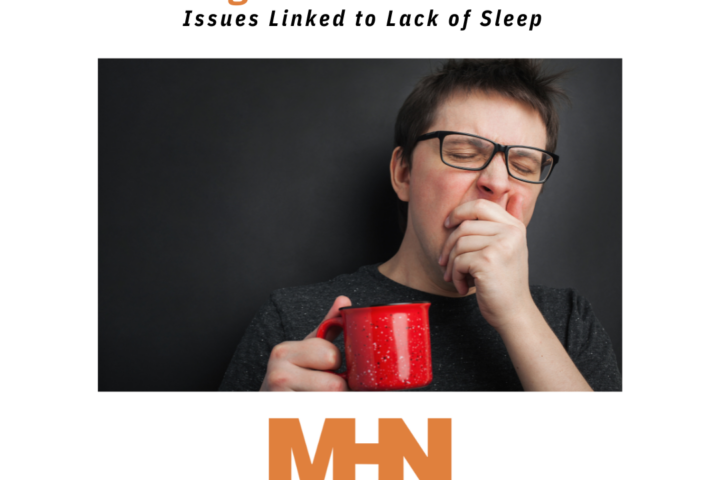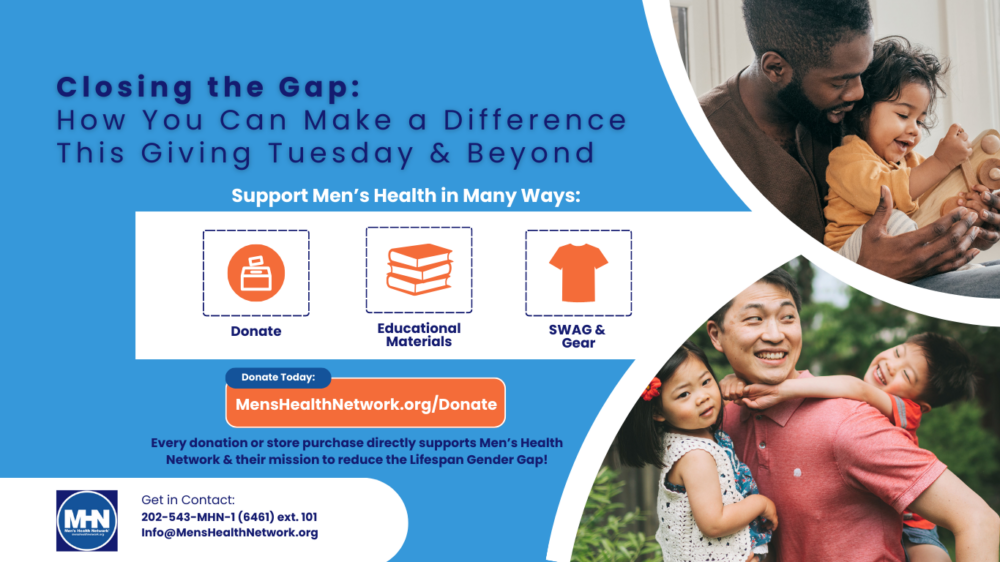 When you were little, your parents probably told you that eating carrots is good for your eyesight. And, over the years, there seems to be some evidence to support that. But a new study of 63,000 adults 45 and older found that men who ate the most vegetables and carotenoids had the fewest hip fractures. Carotenoids are the pigments that give veggies their bright colors. The most common one is beta carotene. Interestingly, carotenoids didn’t have any effect on women’s bone fracture risk.
When you were little, your parents probably told you that eating carrots is good for your eyesight. And, over the years, there seems to be some evidence to support that. But a new study of 63,000 adults 45 and older found that men who ate the most vegetables and carotenoids had the fewest hip fractures. Carotenoids are the pigments that give veggies their bright colors. The most common one is beta carotene. Interestingly, carotenoids didn’t have any effect on women’s bone fracture risk.
Osteoporosis, which weakens bones and makes people more susceptible to fractures and breaks, is usually thought of as being a women’s health issue. Clearly, it affects men too.
The study’s findings, written up in an article called “Avoid Hip Fractures with this Nutrient,” were presented at a recent conference on osteoporosis in Singapore. While there’s a definite connection between carotenoids and strong bones, researchers aren’t 100 percent sure why this is.
Oh, and speaking of vegetables, eating a lot of cruciferous veggies (broccoli, cauliflower, cabbage, bok choy, arugula, and kale, may reduce your risk of developing various cancers. What happens is that some of the natural chemicals in those vegetables—specifically dithiolthiones and isothiocyanates—activate other chemicals in the body that are in charge of getting rid of toxins, including cancers, according to Vicky Newman, director of Nutrition Services, Cancer Prevention & Control Program at the University of California, San Diego, Moores Cancer Center. And other compounds may work in conjunction with the body’s hormones slow down tumor growth.
As always, we recommend that before you start drinking your weight in carrot juice every day or eating a ton of broccoli, talk things over with your medical provider. It’s pretty unlikely that you’ll do yourself any long-term damage, but too many carrots, as you probably remember from when you were a kid, can actually turn your skin orange.
Ever heard of telomere? They’re little snippets of DNA that are attached to the ends of chromosomes. Generally speaking, the shorter your telomeres, the higher your risk of diabetes, some cancers, heart disease, heart failure, chronic disease, high blood pressure, and premature death. But what my make those telomeres shorter differs for men and women. For women—specifically if they’re overweight or obsess—not eating enough vegetables is associated with short telomeres. For men, it’s not getting enough fruit. Oh, and eating more fat—especially butter—made things worse for men too.
These findings were part of a study conducted by researchers in Helsinki, Finland and published in the European Journal of Clinical Nutrition.




Comments are closed.